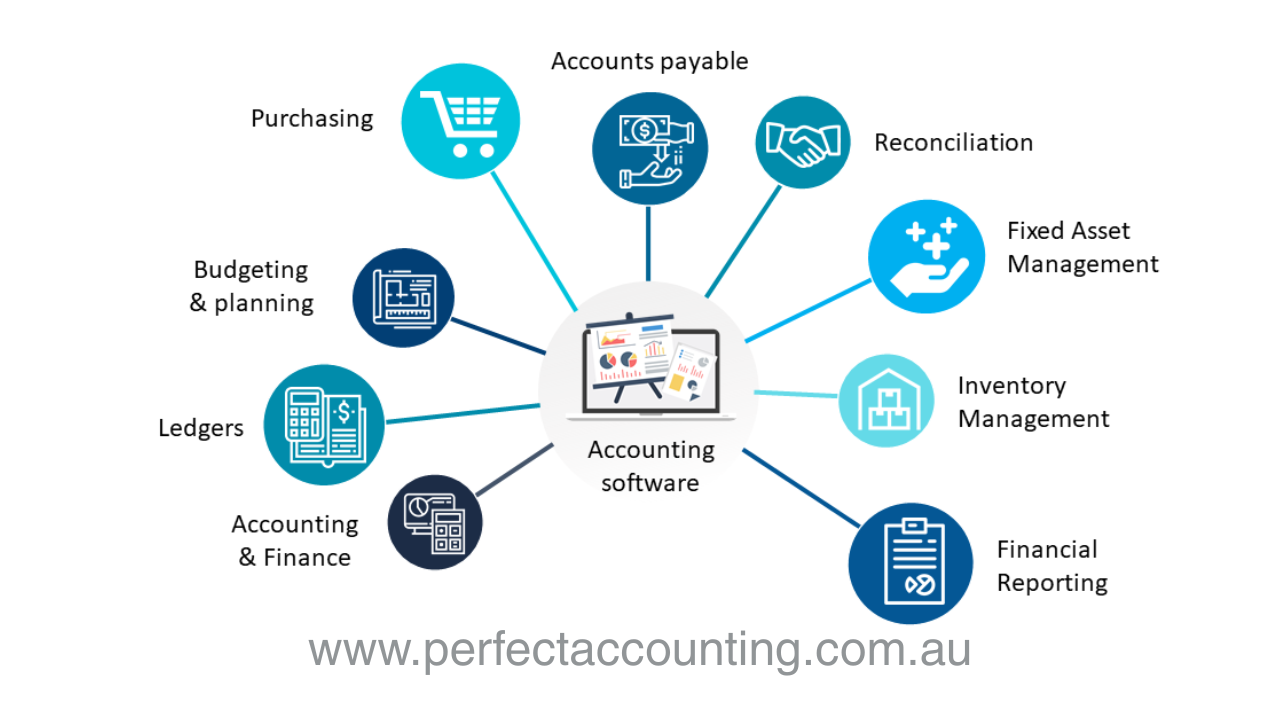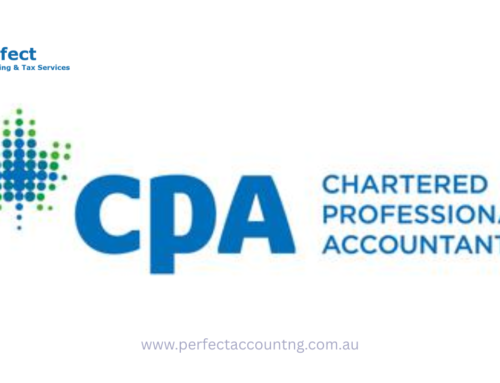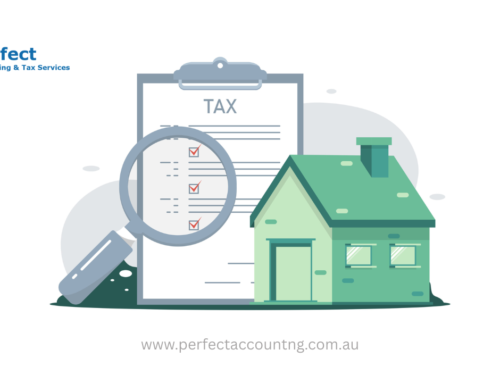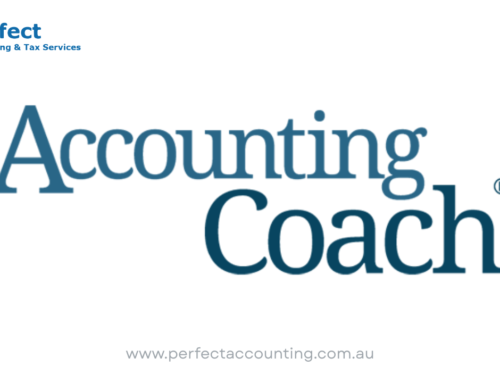When Sarah started her small bakery in Melbourne, she thought managing her finances would be as easy as baking cupcakes. But as her business grew—more orders, more suppliers, more staff—things got messy. Spreadsheets weren’t cutting it anymore. That’s when she discovered ERP accounting. It changed the game.
In this article, we’ll break down what ERP accounting is, how it works, and why it’s the smart move for businesses looking to grow without losing control of their finances.
What is ERP Accounting?
ERP accounting is part of an Enterprise Resource Planning (ERP) system—a software suite that helps businesses manage everyday activities like accounting, inventory, payroll, procurement, and project management.
Think of it as the brain of your business. Instead of using five different tools for your finances, you use one platform that does it all—and everything talks to each other.
➡️ For example, when a customer places an order, your ERP system can automatically update inventory, generate an invoice, track the payment, and update your financial reports.
That’s ERP accounting in action.
How Does ERP Accounting Work?
Here’s a simple, step-by-step breakdown of how ERP accounting software works:
1. Collects Data from All Departments
From sales to HR, every part of your business enters information into the same system.
2. Processes Financial Transactions
It records sales, purchases, payments, and expenses instantly—no double entries, no manual calculations.
3. Generates Real-Time Reports
With a click, you can see cash flow statements, balance sheets, and profit & loss reports.
4. Integrates with Other Tools
Your ERP accounting system can sync with banks, tax software, payroll systems, and more.
Why ERP Accounting is a Game-Changer
Let’s be real—manual accounting is time-consuming and risky. With an ERP accounting system, you get:
-
✅ Accuracy: No more typos or missing entries.
-
✅ Real-Time Data: Always know your financial position.
-
✅ Compliance: Stay on top of taxes, payroll laws, and industry regulations.
-
✅ Scalability: As your business grows, your software grows with you.
“Before switching to Perfect Accounting, I was buried in paperwork. Now, I spend more time growing my business and less time stressing about numbers.”
— Jason, Owner of a Wholesale Business in Sydney
Key Features of a Good ERP Accounting Software
If you’re considering upgrading your financial systems, here are the features to look for:
-
General Ledger
-
Accounts Payable/Receivable
-
Bank Reconciliation
-
Inventory Management
-
Payroll Processing
-
Budgeting & Forecasting
-
Custom Reporting
-
Tax Compliance Tools
All of these are available with Perfect Accounting – a leading solution tailored for Australian businesses.
Benefits of ERP Accounting for Small to Medium Businesses
Whether you’re running a coffee shop, a construction firm, or an e-commerce store, ERP software simplifies your life.
-
Better Financial Control – No more guesswork. Know where every dollar is going.
-
Smarter Decisions – Use real-time data to make fast, informed choices.
-
⏱️ Save Time – Automate repetitive tasks like invoicing, reconciliation, and tax prep.
-
Data Security – All your sensitive financial data is protected with encryption.
Common Myths About ERP Accounting (Busted)
Myth 1: “It’s only for big companies.”
Truth: Tools like Perfect Accounting are made for businesses of all sizes, including startups.
Myth 2: “It’s too expensive.”
Truth: The money you save in admin costs and errors makes up for it—and then some.
Myth 3: “It’s hard to learn.”
Truth: Most platforms are user-friendly. And guess what? Perfect Accounting offers onboarding support and training too.
How to Get Started with ERP Accounting
Ready to make the switch? Here’s a quick roadmap:
Step 1: Assess Your Needs
What financial challenges are you facing? Make a list.
Step 2: Compare ERP Options
Look for features, pricing, and customer support. Check out reviews on platforms like G2 or Capterra.
Step 3: Choose a Provider
We recommend Perfect Accounting, especially if you’re in Australia. It’s powerful, affordable, and tailored to local tax rules.
Step 4: Migrate Your Data
This usually includes customer records, invoices, supplier details, and current ledgers. Many ERP providers offer help with this.
Step 5: Train Your Team
Make sure everyone knows how to use the new system. Perfect Accounting has an excellent support team to help with this transition.
Why Choose Perfect Accounting?
Here’s why thousands of Aussie businesses trust them:
-
100% Australian-Based Support
-
Custom Features for Local Businesses
-
Seamless GST & BAS Integration
-
Responsive Customer Service
-
Built by Accounting Experts
From inventory to payroll, everything is integrated. You focus on your business—Perfect Accounting handles the rest.
Final Thoughts: It’s Time to Work Smarter
Running a business shouldn’t feel like juggling flaming swords. With the right tools, it can feel like cruise control.
ERP accounting isn’t just for the tech-savvy. It’s for any business owner who wants to save time, reduce errors, and make smarter decisions.
If you’re ready to grow with confidence, try Perfect Accounting today. It’s not just software—it’s your partner in success.
Want help getting started? Visit www.perfectaccounting.com and schedule a free demo.
Is ERP the same as SAP?
SAP is a leading ERP (Enterprise Resource Planning) software provider, offering a suite of tools for managing business processes. While ERP refers to any integrated system for managing core business functions, SAP is a specific ERP solution known for its scalability, industry-specific modules, and global presence.
Is QuickBooks an ERP?
No, QuickBooks is not an ERP system. While QuickBooks is an accounting software package, ERP systems are more comprehensive business suites that integrate and manage various business functions, including finance. QuickBooks primarily focuses on accounting and finance, while ERP systems cover a wider range of areas like sales, manufacturing, and HR.
What is an ERP example?
Microsoft Dynamics 365 is an exceptionally scalable cloud-based ERP solution that can help you manage finances, sales, customer relationships, and day-to-day operations. The platform is designed with the end user in mind and is highly customizable; you can tailor it to the unique needs of your business.
Is QuickBooks a CRM?
No, QuickBooks is not primarily designed as a CRM (Customer Relationship Management) system. While QuickBooks can track customer information and some basic interactions, it's fundamentally an accounting and financial management tool. CRM software is specialized for managing customer interactions, sales leads, and marketing activities, which QuickBooks doesn't offer in the same depth







